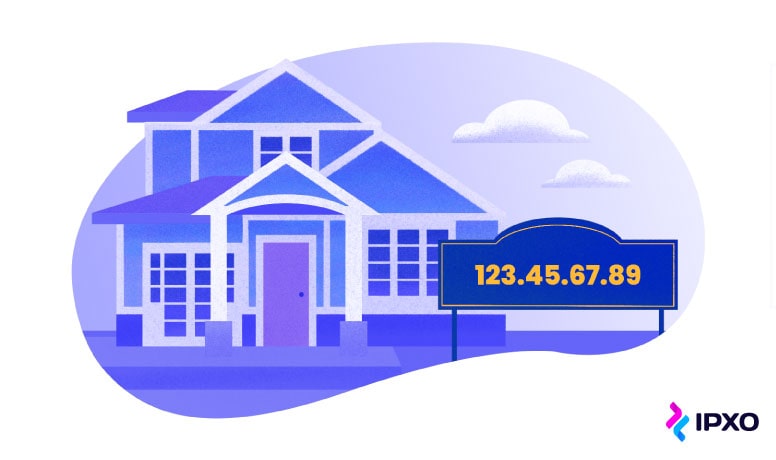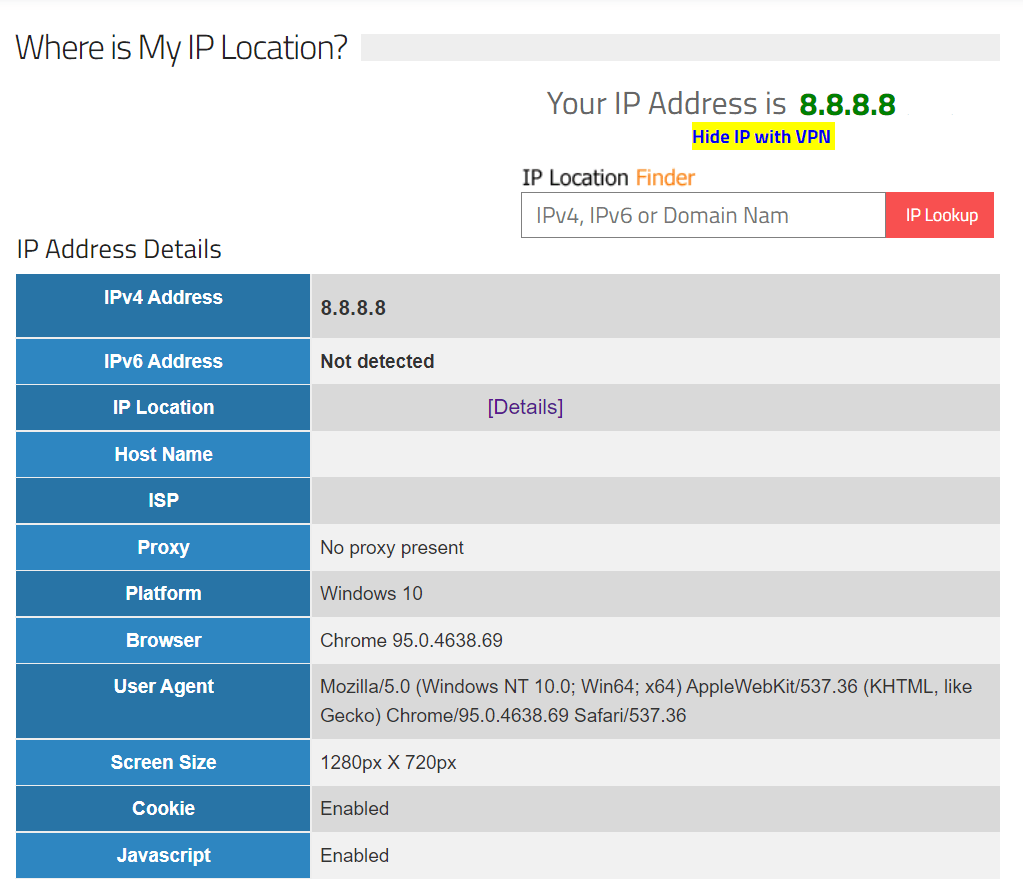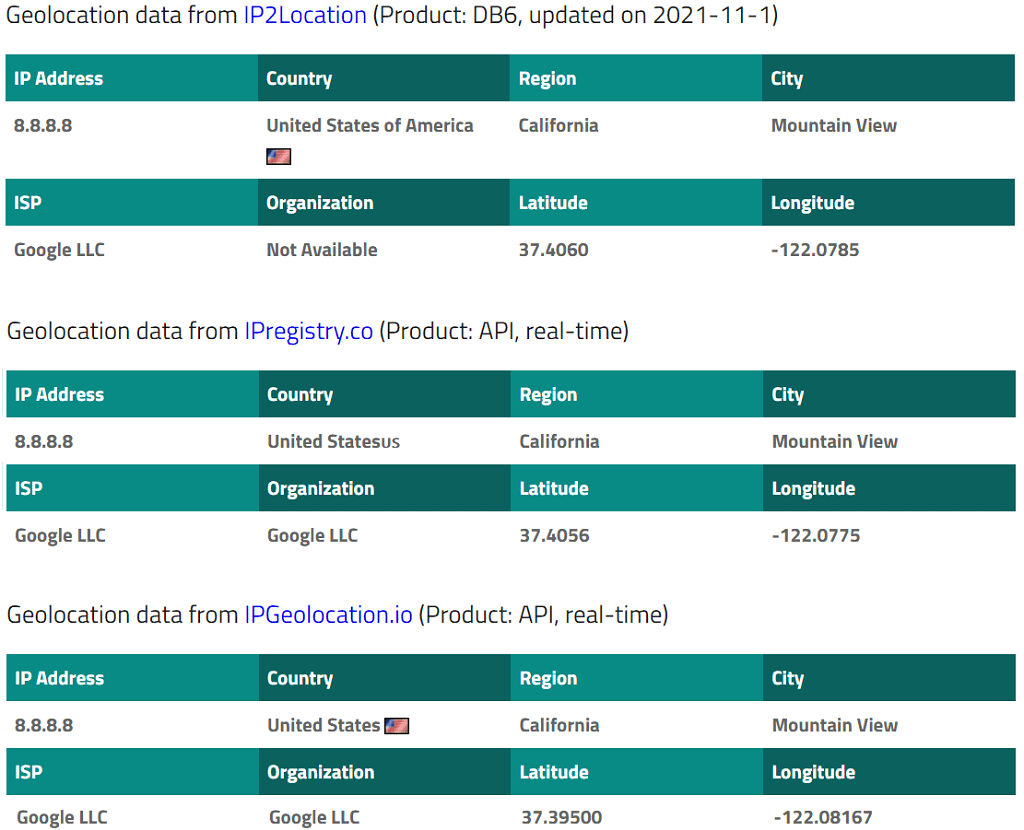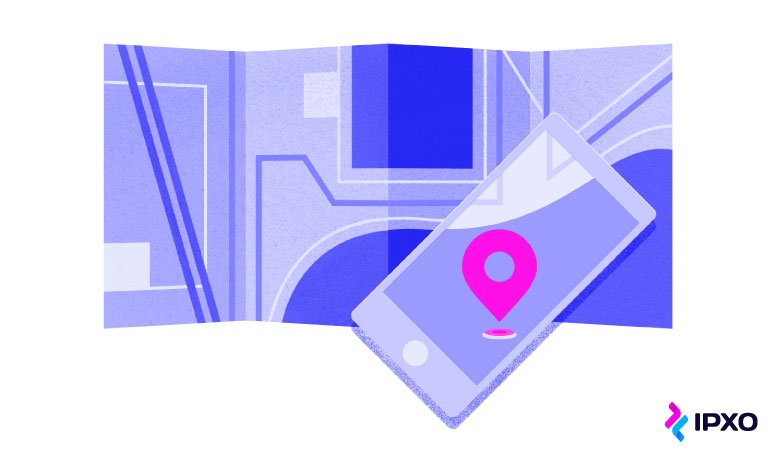What Is IP Geolocation? A Comprehensive Guide For Beginners
6 min read
8 November 2021
Ignas Anfalovas
IP geolocation can help optimize user experience online. But what is it, and can someone find your physical location using it?
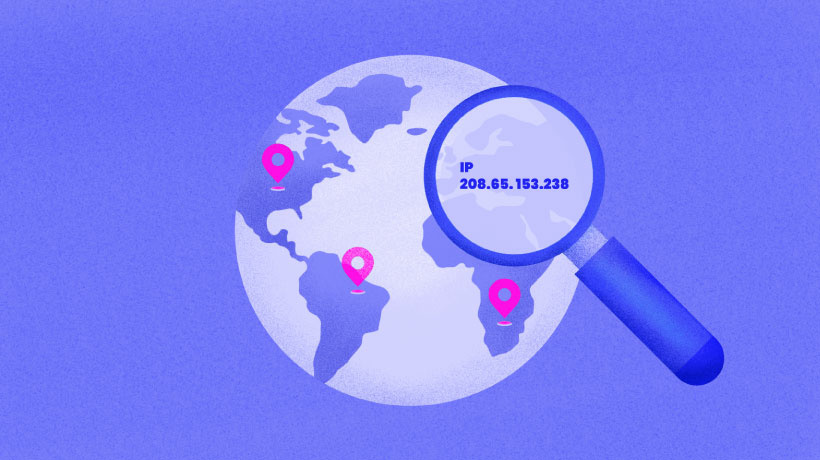
About the author
Ignas is a Platform Engineering Manager at IPXO with more than 7 years of experience in the IT sector. His expertise includes network design solutions and infrastructure maintenance. After working hours, you will find Ignas in Lithuanian folk-dance classes.
Table of contents
Related reading
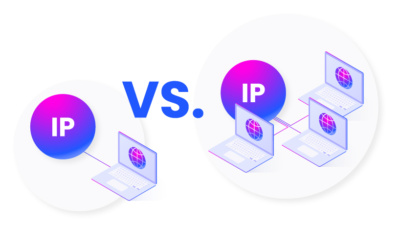
13 October 2022 •
Internet Protocol,
IPv4 for Business
Dedicated IP vs. Shared IP Addresses for Email Marketing
What are the roles of dedicated and shared IPs in email marketing? Which option offers more benefits for businesses? We have the answers for you.
Read more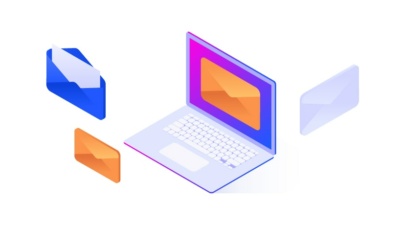
15 September 2022 •
Internet Protocol,
IP Reputation
IP Warming for Email Campaigns: What Is It and Why Is It Important?
What is IP address warming? How does it work? What kinds of challenges can you face when warming IPs? How can you benefit from this practice? We've got all…
Read more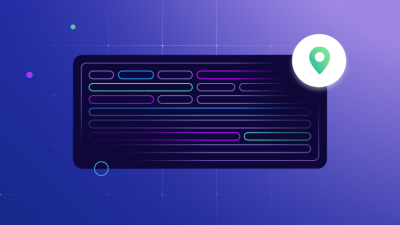
2 August 2022 •
Internet Protocol,
Networking Protocols
IPv4 Packet Header: Format and Structure
When you think about it, the IPv4 packet format is truly fascinating. Learn about the elements at play with this comprehensive guide.
Read moreSubscribe to the IPXO email and don’t miss any news!
